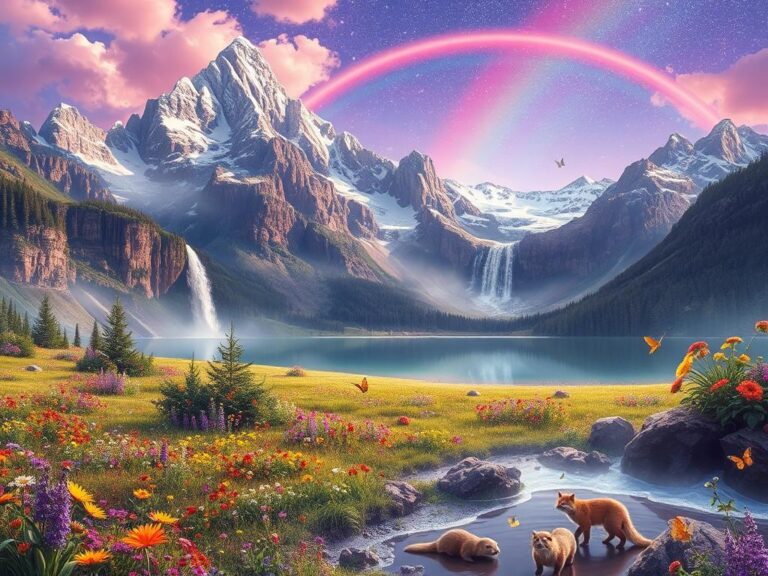Best Black Humor Jokes: Top Picks for the Brave
Best Black Humor Jokes: Top Picks for the Brave
Best black humor jokes provide a unique blend of wit and irreverence that many find captivating yet controversial. Black humor often veers into subjects typically considered taboo, challenging societal norms and sometimes inducing shock, laughter, and introspection. This article showcases some of the best black humor jokes that are sure to amuse those with a taste for the daring and cheeky side of comedy. Buckle up as we explore the fine line between humor and darkness, and why these jokes appeal to a specific audience. Whether you’re new to black comedy or a seasoned fan, there’s something here for everyone.
Understanding Black Humor
Black humor, also known as dark humor, plays with themes of mortality, tragedy, and the macabre, often provoking mixed reactions from audiences. It’s a type of comedy that seeks to confront the uncomfortable aspects of life. Unlike other humor styles, it invites audiences to laugh in situations where laughter might typically be frowned upon.
Many psychologists suggest that black humor serves as a defense mechanism. This genre allows individuals to process their fears and anxieties about death and tragedy in a safer, more palatable manner.
Renowned philosopher Victor Hugo once said, “Laughter is the sun that drives winter from the human face.” Black humor helps to illuminate the darkest corners of our existence, serving as a reminder of our shared humanity amidst the chaos of life.
The Appeal of Dark Jokes
The appeal of dark jokes often lies in their shock value. They provide a safe zone to explore uncomfortable truths and challenge societal norms without direct confrontation.
Here are a few reasons why people enjoy dark humor:
- Catharsis: It offers a therapeutic release by confronting life’s harsh realities.
- Commonality: It fosters a sense of connection; many relate to the darker experiences of life.
- Intellectual Challenge: It requires a nuanced understanding of evolving social contexts and personal boundaries.
- Rebellion: It serves as a tool for social commentary and critiquing societal norms.
Top 10 Best Black Humor Jokes
Importantly, when delving into black humor, context is key.
Here are ten of the best black humor jokes that highlight the cleverness and wit behind this cherished yet controversial genre:
- I told my wife she was drawing her eyebrows too high. She looked surprised.
- Why don’t skeletons fight each other? They don’t have the guts.
- My therapist says I have a preoccupation with vengeance. We’ll see about that.
- What’s the difference between a well-dressed man on a unicycle and a poorly dressed man on a bike? Attire!
- Why don’t graveyards have Wi-Fi? Because people are dying to get in!
- I want to die peacefully in my sleep, like my grandfather. Not screaming and yelling like the passengers in his car.
- I have a joke about necrophilia, but it’s a little dead.
- I told my doctor I broke my arm in two places. He told me to stop going to those places.
- I don’t have a carbon footprint. I just drive everywhere.
- Why did the chicken go to the séance? To talk to the other side.
Cultural Sensitivities in Dark Humor
While black humor has its champions, it also comes with a caveat. Jumping into dark jokes can easily offend, hurting sentiments or trivializing serious issues faced by some audiences.
Engagement with this type of humor demands a discerning audience that understands the balance between laughter and sensitivity.
In the world of comedy, timing, and audience awareness are crucial elements. As comedian Louis C.K. put it, “You have to think about the audience and your relationship with them.”
Being conscious of the context allows humor to serve its intended purpose without crossing boundaries.
The Fine Line Between Humor and Insensitivity
Navigating the thin line between humor and insensitivity is essential. Understanding the audience’s demographics, experiences, and triggers is fundamental for successful comedic delivery.
Comedians and writers must be aware that not everyone finds dark humor funny or appropriate.
Consider some guidelines for appreciating and delivering black humor:
- Know Your Audience: Understanding the boundaries of your audience helps avoid triggering painful memories.
- Context Matters: The setting of the joke can influence its reception.
- Be Prepared for Backlash: Not everyone will appreciate or accept dark humor; be ready to face criticism.
Personal Stories That Inspire Dark Humor
Many comedians have personal experiences that were transformed into dark comedic material.
Take, for instance, the struggles of someone dealing with illness or loss. They might present their stories laced with humor, creating laughter instead of tears.
Through these instances, they can open doors to conversations about sensitive topics.
A classic example comes from comedian Tig Notaro, who discussed her battle with cancer on stage in a raw and humorous way.
She offered her audience a window into her reality while also connecting them through laughter. This interplay is the essence of what black humor provides—a link through shared experience.
Best Practices for Sharing Black Humor Jokes
For those willing to delve into the realm of black humor, consider the following best practices:
- Know When to Share: Context is essential–timing can affect how a joke is received.
- Consider Your Audience’s Sensitivities: Be aware of the backgrounds and experiences of your listeners.
- Practice Responsible Humor: Allow for healthy discourse on darker topics without marginalizing others’ experiences.
- Be Open to Dialogue: Encourage discussion on sensitive topics; humor often starts difficult conversations.
The Role of Stand-Up Comedy in Black Humor
Stand-up comedy serves as a platform for black humor, enabling comedians to express taboo topics in a relatable format.
Comedians such as George Carlin and Ricky Gervais have famously pushed boundaries through dark humor, discussing societal issues with brash wit.
They often approach uncomfortable topics, allowing audiences a glimpse into the humor intertwined within life’s struggles.
The comedian’s role becomes two-fold; they entertain while simultaneously provoking thought surrounding difficult subjects.
This duality encapsulates the brilliance of black humor, converting discomfort into enjoyment.
Conclusion: Embrace the Dark Side of Humor
Black humor holds a unique place within the comedy realm, resonating with those daring enough to embrace its intricacies.
The jokes might provoke discomfort, but they also offer an avenue for catharsis and connection for those who appreciate the genre.
By understanding the context and the relationship with the audience, black humor becomes a dynamic art form.
As this article showcases, from clever jokes to personal stories, there is no denying the power of laughter.
Should you choose to engage with black humor, remember to maintain sensitivity, and explore the depths of what it means to joke about life’s harsh realities.
FAQ
What is black humor?
Black humor is a form of comedy that makes light of subjects that are typically considered serious or taboo. It often deals with themes of death, tragedy, and other uncomfortable topics, allowing audiences to confront these issues through laughter.
Why do people like dark humor?
People enjoy dark humor for various reasons, including the cathartic release that laughter provides, a sense of commonality in shared tragic experiences, and the intellectual challenge it poses. It allows individuals to explore the darker sides of life in a safe and humorous context.
Are there boundaries when telling black jokes?
Yes, there are boundaries. It’s crucial to understand your audience and the context in which you’re sharing dark humor. Not everyone appreciates or finds such jokes appropriate, so awareness and sensitivity to others’ experiences are key.
Can dark humor stimulate conversations on serious issues?
Absolutely, dark humor can serve as a vehicle to discuss serious issues that may otherwise be avoided. It can open doors for dialogue about topics like loss, trauma, and more, allowing for a shared understanding among those involved.
Final thought: How do you feel about sharing or hearing black humor? Join the conversation below!







